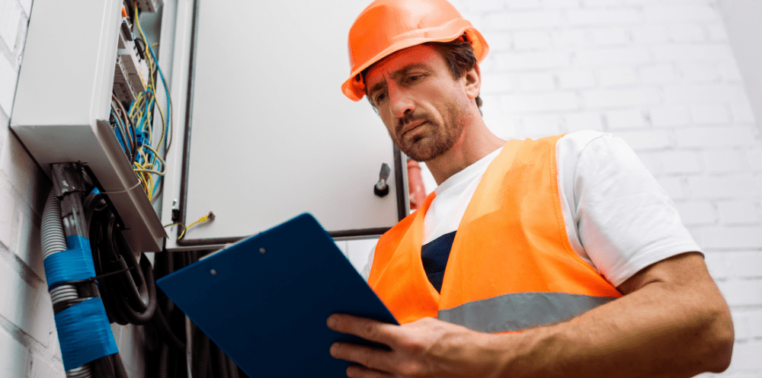
As a landlord in the UK, you are obligated to follow the new electrical safety regulations for your electrical installations. From July 2020, the regulations will come into effect for new tenancies and for already existing tenancies from April 2021. Those not complying will need to pay hefty fines or may find their insurance claims unacceptable. It is recommended that landlords need to co...
Read More
Energy Performance Certificate (EPC) is an authorized requirement for residential and commercial properties before you put up your property for rent or sell. The Energy performance certificate will be added to the EPC Register online. This certificate is essentially a report of energy management. It confirms how energy efficient a residential building or commercial premises is. With this cer...
Read More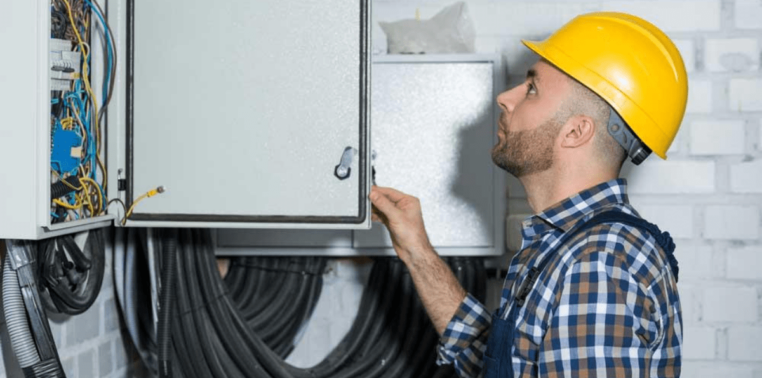
As per the new EICR rules, from 1st July 2020 onwards, landlords in England are required to get an Electrical Installation Condition Report (EICR) before letting their properties to new tenants. From 1st April 2021, the rule will apply to all existing tenancies in England. This implies that landlords are obligated to make their properties safe for tenants to use by maintaining and repairing the...
Read More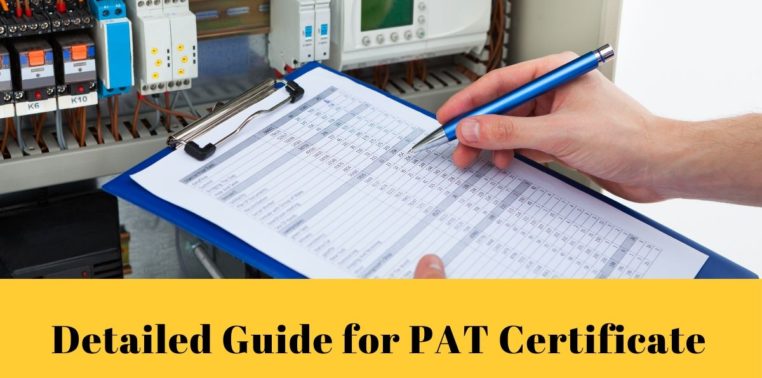
Faults in electrical wiring and devices cause most of the fires in London. These fires cause extensive damage to property and result in physical harm to humans. To prevent this from happening, landlords must check their electrical appliances and wiring every five years for defects. If any faults are found, they must get them rectified so that the property becomes safe for the tenants to live. ...
Read More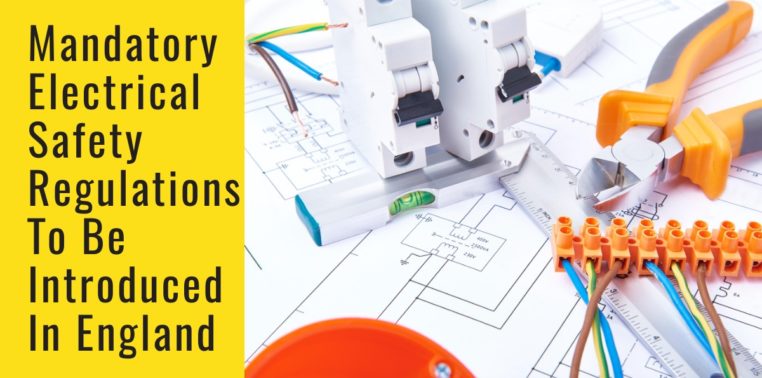
In early January 2020, ‘The Electrical Safety Standards in the Private Rented Sector (England) Regulations 2020’ were proposed in Parliament. The new regulations will be effective from July 2020 for new tenancies and from April 2021 for tenancies that already exist. Presently, landlords are not required to compulsorily provide an Electrical certificate or Electrical Installation Condition Repo...
Read More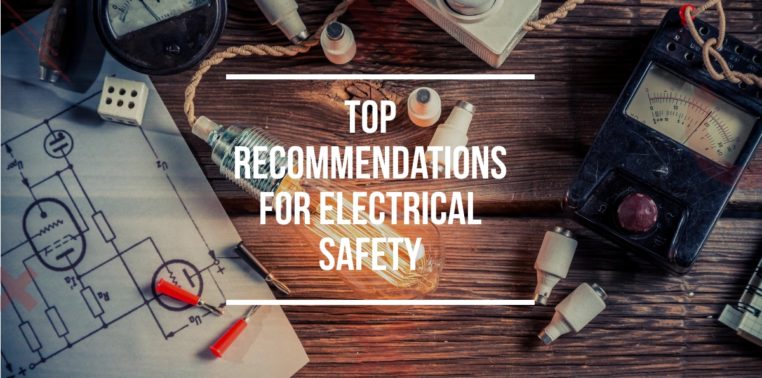
It is almost a difficult task to manage a commercial building. The landlord bears the responsibility for the safety of the occupants. Although, he makes massive money by putting his commercial building on rent, yet he always faces the risk of being blamed in case of any unfortunate accident in the building. He needs to be responsible enough to take the required steps to ensure the safety of the oc...
Read More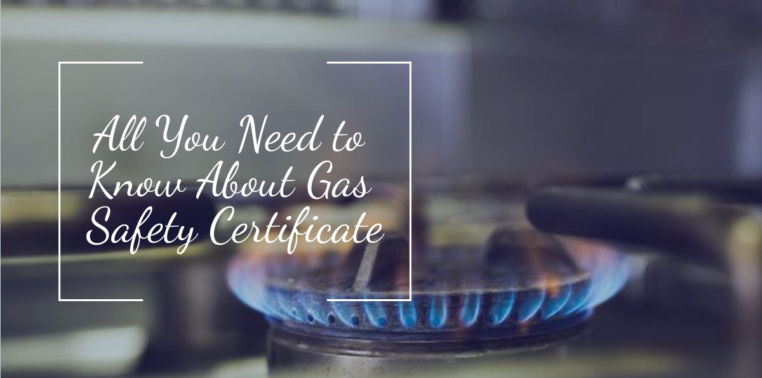
All landlords in the UK are required legally, under the Gas Safety Regulations 1998, to get their gas fittings and all appliances checked by a registered engineer who is authorized to carry such an examination and provide a gas safety certificate. After inspection, the engineer will enter all the details of what he has checked on a Landlord Gas Safety Record Form. This form is also called the G...
Read More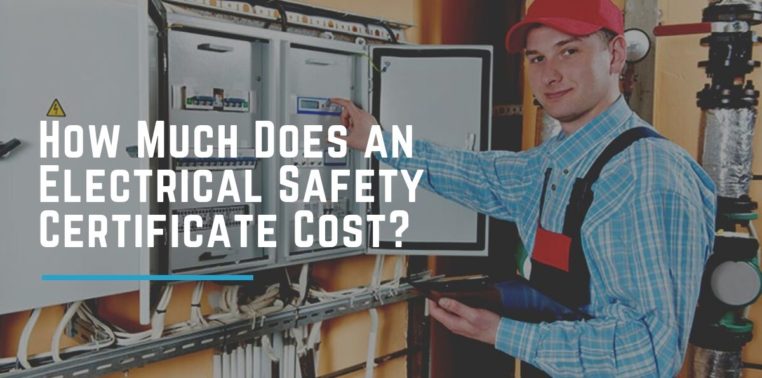
While electricity is the basis for a majority of comfort we enjoy at our home, it can also be a problem if proper precautions aren’t taken. Electricity safety of any house is vital no matter whether you are in a rented home or rented out a house. A little bit of negligence and it could hurt you a lot in terms of physical damages and money. What Is an Electrical Safety Certificate? Regular...
Read More
It is not always easy to find a nice place to live in a nice part of the city. But when you do, you must be prepared for the following things to ensure that your move in process is smooth and your new home is worth the rent you are paying every month. Always be prepared to spend more When you have enough to move out and be on your own, you realize that there are hidden costs that you didn’t ...
Read More
Companies in the UK are required to have a PAT certificate to show their compliance with health and safety measures along with other regulations. The testing ensures that all portable appliances meet the standards defined by several governing bodies. The Health and Safety Executive requires that all portable appliances within commercial and residential properties undertake yearly PAT testing. T...
Read More



 Request Callback
Request Callback